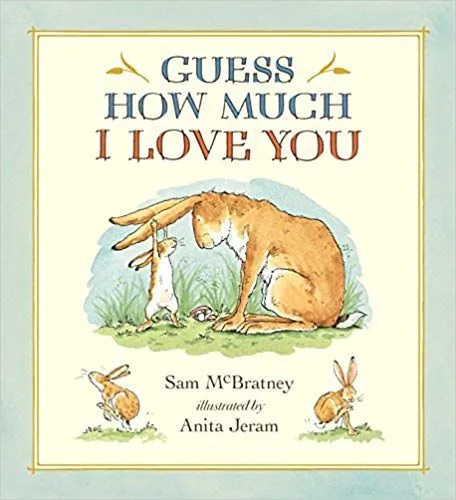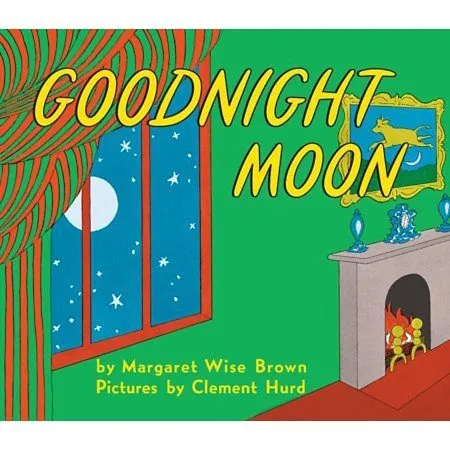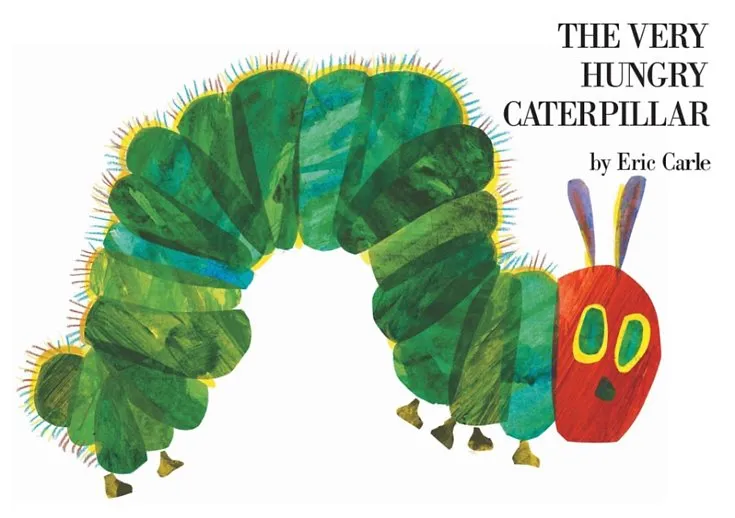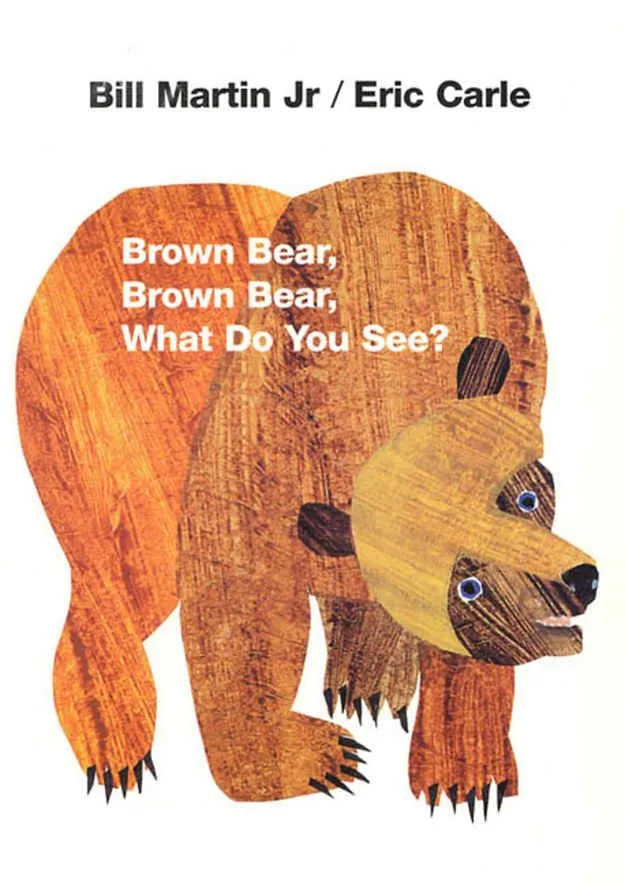Reading Stories to a Baby in the Womb – Reasons & Benefits

- Why Is It Essential to Read to Your Unborn Baby?
- When Can You Start Reading to Your Unborn Baby?
- Benefits of Reading to Your Unborn Baby
- What Stories to Read to a Baby in the Womb?
- Best Stories to Read for Baby in the Womb
- FAQs
Between week 23 and 27 of pregnancy, a baby starts hearing different sounds. The most significant sound that a baby can hear clearly is his mother’s heartbeat. But, as the weeks pass, he starts responding to muffled sounds outside the womb too. That’s when you can start communicating with him. You can talk to him, share all your feelings and thoughts, sing for him or even read a book. Yes, reading a good book to your baby while he is still in the womb can be beneficial for him. It stimulates emotions in the baby and helps him react to different stimuli. It is also believed to prepares the baby for life after his birth.
Why Is It Essential to Read to Your Unborn Baby?
The stories you read to your baby evoke certain emotions in him. The rhyming lines and the lullabies develop a sense of voice modulation too from an early stage. He also becomes alert and responds to it. If you read to your baby daily, he will recognise your voice once he’s out in the real world, and this will help develop a strong bond between you and your baby. In certain cases, babies also pick up newer words and understand their meanings pretty early in their lives.
When Can You Start Reading to Your Unborn Baby?
Reading doesn’t need a perfect time to start with. However, if you are specifically picking books to read to your child, it is necessary to know the right time. The initial months for the baby are all about getting used to the womb and figuring out the surroundings. Over time, as the baby develops, he begins to pick up sounds from outside. This makes it easier for him to listen to the songs you hum and the words you speak.
Therefore, as you inch closer to completing 23 weeks of your pregnancy, which basically is the end of the second trimester, your little will react to your voice and any other actions frequently. This means your baby’s cognitive development is also progressing rapidly, and you can enhance it by listening to the right music and reading stories that benefit him.
Benefits of Reading to Your Unborn Baby
While figuring out the things to read to a baby in the womb, it is important to know how your activities are going to benefit the little one. Everything that you do, right from eating to speaking to exercising, affects the baby in one way or the other. The aural perception is so strong that most babies are able to develop an affinity for the native language over any other, even without understanding it fully.
- Pregnancy is not just a stressful time for the mother but also for the baby. The baby undergoes an array of emotions and can feel overwhelmed at times. Indulging in some nice reading activity can help you calm down, and your soothing voice can also control the heart rate of your anxious baby and help him relax in your womb.
- A baby’s bond with his mother develops right from the time he is in the womb. Skin-to-skin contact has its own benefits and makes the bond stronger once the child is born. However, the bond is truly formed when the mother indulges in various activities when the little one is still inside her. Being constantly aware of the mother’s voice helps the baby develop trust, which is why most babies stop crying after they hear the mother’s voice. If a piece of particular music is played regularly, the baby can recognise it pretty well, too. Playing it again once the baby is out can also strengthen the bond yet again. And, this isn’t simply restricted to the mother. If the partner reads a story to the child, the baby will begin to recognise that voice too.
- As your baby grows in your womb, his brain development is still in progress, and the neural connections form rapidly. Listening to the mother’s voice or stories help strengthen those connections. And, they can help him recall when he hears them again after birth. Repetition is a proven form of memorisation, and when the seeds are sown early in life right from the womb, it develops memory and improves concentration in babies.
- Reading to your unborn baby serves as a precursor to language development, influencing their linguistic abilities in several ways. As you engage in reading aloud, the baby begins to recognize the sounds and rhythms of language. This early exposure to phonetic elements lays the groundwork for the baby’s ability to distinguish and process different sounds. Reading aloud also allows the baby to become familiar with the natural cadence and intonation of spoken language. This exposure is beneficial for the development of speech patterns, helping the baby learn the flow and rhythm of conversations.

What Stories to Read to a Baby in the Womb?
If you are an avid reader, you will enjoy reading everything under the Sun. From romantic novels to murder mysteries to sci-fiction. But, you can’t read these books to your little baby, whether he is in the womb or outside. If you are struggling to figure out what kind of stories would suit your baby the best, take a simple stroll in the children’s section of any bookstore and purchase books you want your baby to hear. You can form your baby’s library by collecting books early on and reading to him. When your baby grows up and can read, he can refer to these books. In short, the future expense will be taken care of to some extent. But, if you do not wish to purchase books early on and want to reserve that for when your baby can read, you can get a library subscription and borrow all the books you’d like to read to your little one.
Remember the movie Baby’s Day Out? Books similar to those where a baby goes around the world and visits different places can help instil a feeling of excitement and joy within the little one indirectly. Books that are filled with small poems, focusing on the rhyme scheme, can develop his tendency to recognise sounds and word formations. Opt for reading fantasy stories that can enrich his imagination. Doctor Seuss, as well as Roald Dahl’s books, are meant for children, but that doesn’t mean you have to wait for your child to grow up. Go ahead and read these books to your little one in the womb. The way you read out a story to your child also matters. So, opt for rhyming stories and try to modulate your voice wherever needed.
Best Stories to Read for Baby in the Womb
Reading stories to your baby in the womb is a beautiful way to establish early connections and stimulate their developing senses. While the baby may not fully comprehend the words, the soothing cadence and familiarity of your voice can have a positive impact. Here are some enchanting bedtime stories for babies in the womb that you can consider reading, creating a delightful and memorable experience for both you and your little one.
1. “Guess How Much I Love You” by Sam McBratney
This heartwarming tale of love and affection between Little Nutbrown Hare and Big Nutbrown Hare is a perfect choice for bonding with your unborn baby. The repetitive and rhythmic language, coupled with the theme of boundless love, makes it a comforting and reassuring story.

Source: Pinterest
2. “Goodnight Moon” by Margaret Wise Brown
A classic bedtime story, “Goodnight Moon” features a rhythmic and melodic narrative that can be particularly soothing for your baby. The simple and repetitive text, coupled with the gentle illustrations, creates a calming atmosphere ideal for the winding down moments before sleep.

Source: Pinterest
3. “The Very Hungry Caterpillar” by Eric Carle
This timeless classic is not only visually captivating but also introduces rhythmic and repetitive language patterns. The vibrant illustrations and the tale of a little caterpillar’s transformation can engage your baby’s developing senses and imagination.

Source: Pinterest
4. “Brown Bear, Brown Bear, What Do You See?” by Bill Martin Jr. and Eric Carle
With its rhythmic and repetitive structure, this story introduces various animals and colors, providing auditory and visual stimulation for your baby. The predictable pattern of the narrative can be both engaging and comforting for your little one.

Source: Pinterest
FAQs
1. Does Reading Make Your Unborn Baby Smarter?
Reading to your unborn baby can positively contribute to their development, including language skills and cognitive abilities. While it may not necessarily make the baby “smarter” in a traditional sense, exposure to language and storytelling can lay a foundation for future learning and cognitive functions.
2. What Are the Best Books to Read for the Baby in the Womb?
Choosing the best books for your baby in the womb involves considering soothing rhythms, repetitive patterns, and engaging narratives. Some recommended books to read to baby in womb include:
- “Guess How Much I Love You” by Sam McBratney
- “Goodnight Moon” by Margaret Wise Brown
- “The Very Hungry Caterpillar” by Eric Carle
- “Brown Bear, Brown Bear, What Do You See?” by Bill Martin Jr. and Eric Carle
- “Love You Forever” by Robert Munsch
Once you know what to read for your baby in the womb, don’t stop there. Combine the reading activity with listening to music or humming some songs of your own. Everything that a baby hears is going to work to his benefit and make him a lovely individual in every way possible.
References/Resources:
1. Graven. S, Browne. J; Auditory Development in the Fetus and Infant (Newborn and Infant Nursing Reviews); Science Direct; https://www.sciencedirect.com/science/article/abs/pii/S1527336908001347; December 2008
2. Partanen. E, Kujala. T, Näätänen. R, Huotilainen. M; Learning-induced neural plasticity of speech processing before birth (Biological Sciences); PNAS; https://www.pnas.org/doi/10.1073/pnas.1302159110; August 2013
3. Fetal Development; Cleveland Clinic; https://my.clevelandclinic.org/health/articles/7247-fetal-development-stages-of-growth
4. Fetal development: The 2nd trimester; Mayo Clinic; https://www.mayoclinic.org/healthy-lifestyle/pregnancy-week-by-week/in-depth/fetal-development/art-20046151
5. Your Baby’s Hearing and Communicative Development Checklist; National Institute on Deafness and Other Communication Disorders; https://www.nidcd.nih.gov/health/your-babys-hearing-and-communicative-development-checklist
6. Voegtline. K, Costigan. K, Pater. H, DiPietro. J; Near-term fetal response to maternal spoken voice (Infant Behavior and Development); National Library of Medicine; https://www.ncbi.nlm.nih.gov/pmc/articles/PMC3858412/; June 2013
7. Whitfield. T; Development of the inner ear (Current Opinion in Genetics & Development); Science Direct; https://www.sciencedirect.com/science/article/pii/S0959437X15000180; June 2015
Also Read:
Ways to Talk With Your Baby in the Womb
How to Teach Your Baby During Pregnancy?
How to Get an Intelligent Baby during Pregnancy?
Things You Didn’t Know Your Baby Could Do In The Womb
Was This Article Helpful?
Parenting is a huge responsibility, for you as a caregiver, but also for us as a parenting content platform. We understand that and take our responsibility of creating credible content seriously. FirstCry Parenting articles are written and published only after extensive research using factually sound references to deliver quality content that is accurate, validated by experts, and completely reliable. To understand how we go about creating content that is credible, read our editorial policy here.




































